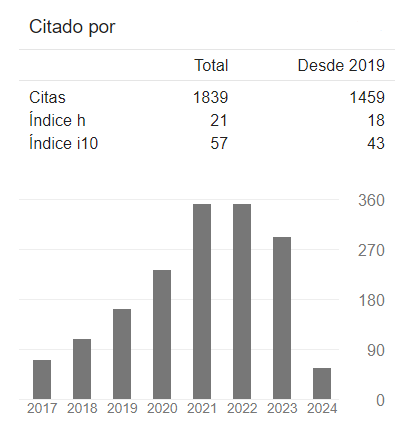Some limits to indigenous justice in Ecuador
DOI:
https://doi.org/10.24142/raju.v11n23a6Keywords:
Latin American constitutionalism, indigenous jurisdiction, human rights, constitutional jurisprudenceAbstract
The main objective of this research is to identify and explain the main limits established to the exercise of indigenous jurisdiction in Ecuador, for which we make a brief comparative study of the constitutions in force in Colombia, Venezuela and Bolivia; we begin with the finding that in the constitutions in force in these countries is recognized the right of indigenous peoples and communities to exercise jurisdictional functions, which implies the authority to define their own rules of conduct, establish obligations, duties, rights and guarantees, define faults and correlative sanctions, as well as procedures for the knowledge, investigation, and sanction of the facts under its jurisdiction. These are the same powers attributed to ordinary jurisdiction, which is why it is important to identify how the potential conflicts between both jurisdictions should be resolved, as well as the limits to be respected by the authorities of indigenous peoples and communities whose jurisdiction is based on their traditional rules and not in written law as ordinary jurisdiction. The main conclusion is that although indigenous jurisdiction does not have a corpus of written law that would provide a certain degree of certainty and legal security, in the exercise of their jurisdictional functions they must respect the limits established in the current law, especially the Constitution and human rights.
References
Bejarano, A. M., Navia, P., Pérez-Liñán A. y Negretto G. (2014). Tuercas y tornillos en la fábrica de constituciones. Un debate en torno a Making Constitutions. Presidents, Parties, and Institutional Choice in Latin America de Gabriel Negretto. Política y Gobierno, XXI(2), 479-505.
Belloso, N. (2015). El neoconstitucionalismo y el “nuevo” constitucionalismo latinoamericano: ¿dos corrientes llamadas a entenderse? Cuadernos Electrónicos de Filosofía del Derecho, 32, 21-53.
Constitución de la República Bolivariana de Venezuela (2009). Recuperado de http://historico.tsj.gob.ve/gaceta_ext/febrero/190209/190209-5908-1.html
Constitución de la República del Ecuador (1998). Recuperado de https://www.registroficial.gob.ec/index.php/registro-oficial-web/publicaciones/registro-oficial/item/4864-registro-oficial-no-449.html
Constitución de la República del Ecuador (2008). Recuperado de https://www.registroficial.gob.ec/index.php/registro-oficial-web/publicaciones/registro-oficial/item/4864-registro-oficial-no-449.html
Constitución Política de Colombia (1991). Recuperado de http://www.corteconstitucional.gov.co/inicio/Constitucion%20politica%20de%20Colombia%20-%202015.pdf
Constitución Política del Estado de Bolivia (2009). Recuperado de http://www.gacetaoficialdebolivia.gob.bo/index.php/normas/lista/10
Gargarella, R. (s. f.). Lo “viejo” del “nuevo” constitucionalismo latinoamericano. Recuperado de https://www.law.yale.edu/system/files/documents/pdf/SELA15_Gargarella_CV_Sp.pdf
Ron, X. P. (2015). La jurisdicción indígena frente al control de constitucionalidad en Ecuador. ¿Pluralismo jurídico o judicionalización de lo plural? Quito: Universidad Andina Simón Bolívar, Sede Ecuador, Corporación Editora Nacional.
Sentencia 113 de 2014 (2014). Recuperado de http://www.corteconstitucional.gob.ec./images/stones/pdf
Sosa, J. M. (s. f.). ¿Qué es el “nuevo constitucionalismo latinoamericano”? Entrevista a Rubén Martínez Dalmau. Gaceta Constitucional, 52, 301-308.
Published
How to Cite
Issue
Section
License
La rivista consente all'autore (s) di mantenere i diritti di pubblicazione senza restrizioni.
Le journal permet à l'auteur (s) de conserver les droits de publication sans restrictions.
The journal allows the author (s) to retain publication rights without restrictions.
La revista le permite al autor(es) retener los derechos de publicación sin restricciones
Die Zeitschrift ermöglicht es dem / den Autor (en), Veröffentlichungsrechte ohne Einschränkungen zu behalten.
A revista permite que os autores mantenham os direitos de publicação sem restrições.











































